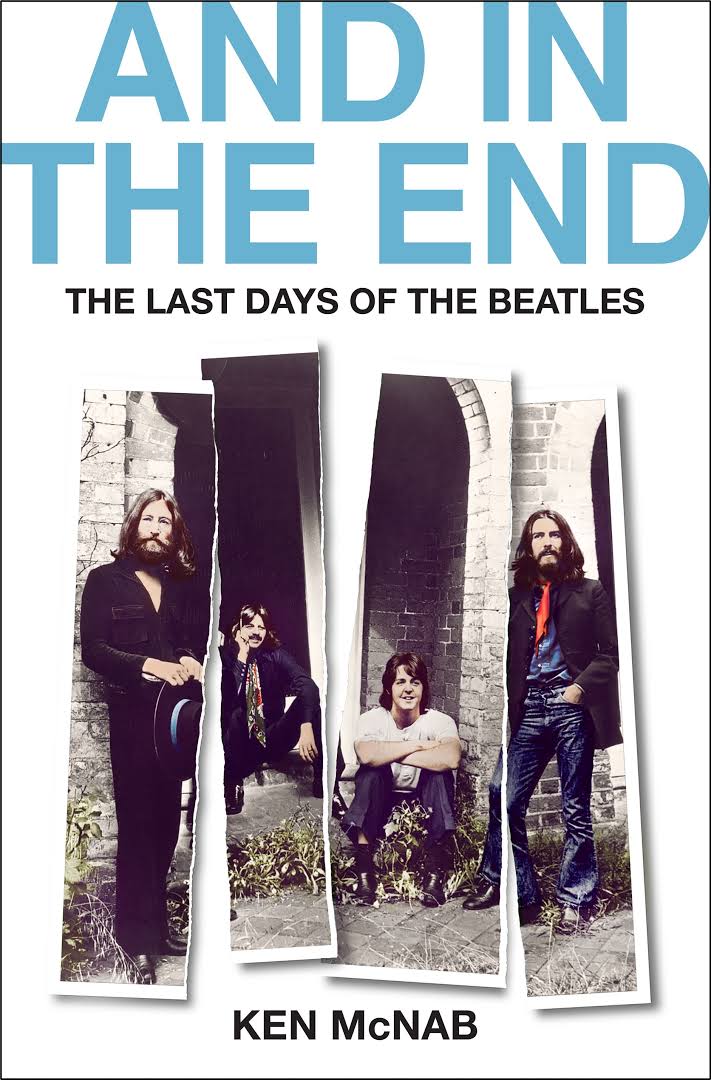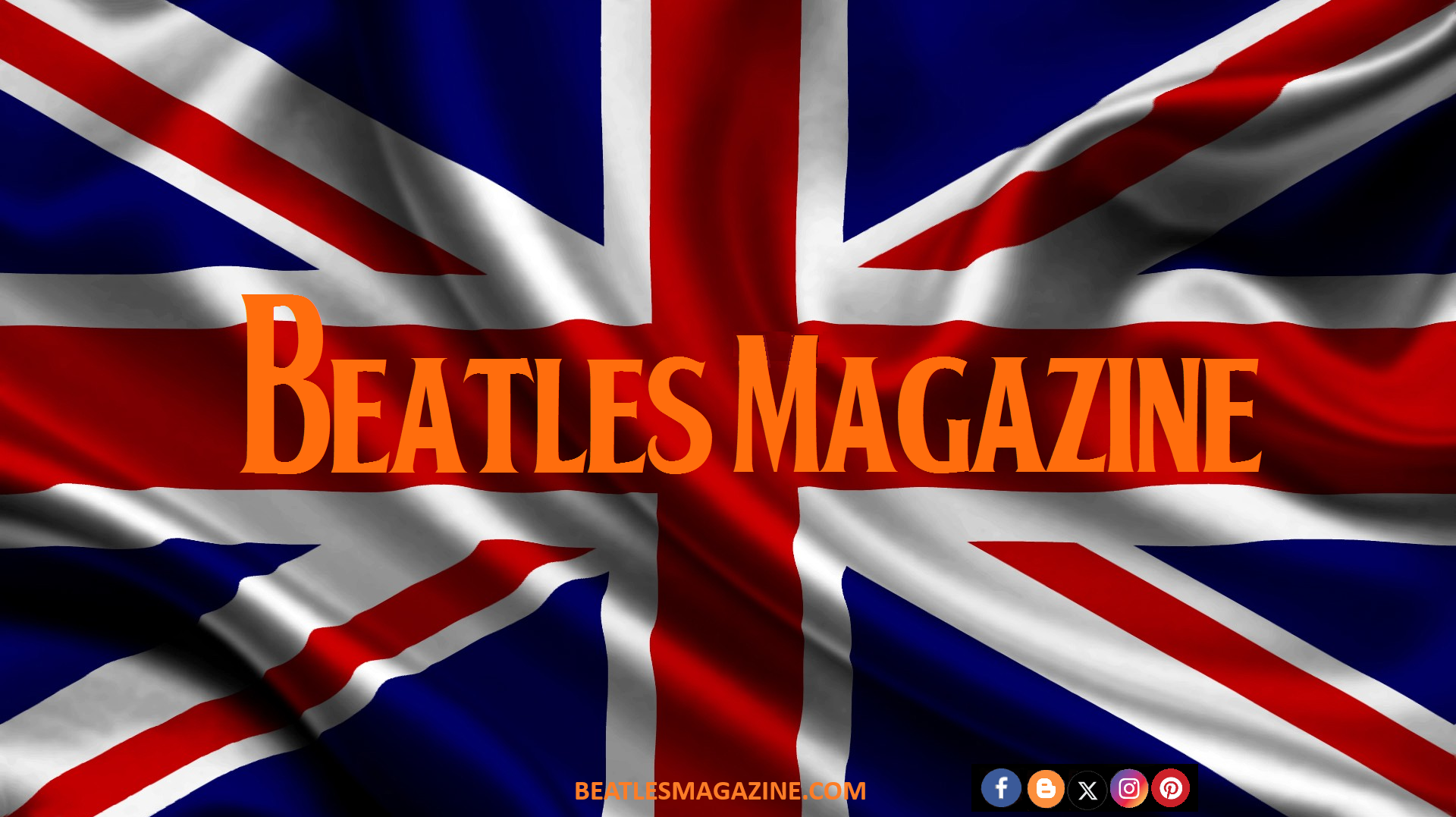In “And in the End” the Scottish journalist Ken McNab focuses engagingly, and insightfully, on the band’s final year, starting with an account of its performance on Jan. 30, 1969, atop the roof of Apple headquarters in London.
The band hadn’t played publicly since an August 1966 gig at San Francisco’s Candlestick Park. Lots had happened in the intervening years: landmark albums, drugs, divorce, the death of manager Brian Epstein and the arrival of Yoko Ono.John Lennon complained that the band “had become Paul McCartney’s sidemen,” Mr. McNab says, a view seconded by George Harrison: “You’d have to do 59 of Paul’s songs before he’d even listen to one of yours.” Ringo Starr had tried to keep the peace while acting in Peter Sellers’s “The Magic Christian.”
Upwards of £20,000 was disappearing every week, Mr. McNab says, and nobody knew where it was going. Bankruptcy loomed. When John said the band didn’t have “half the money people think we have,” the comment crossed the ocean and aroused the dorsal fin of noted music shark Allen Klein. Klein adds a dramatic surge to Mr. McNab’s narrative.
 Klein had made a name for himself managing the Rolling Stones and other top acts. He deeply desired the Beatles, but his reputation was reptilian. Among his most notable scams was to siphon off most of the Rolling Stones’ U.S. profits. Mick Jagger warned the Beatles against hiring him, and Paul didn’t trust him, but the others liked Klein, who gets a fairly light lashing from Mr. McNab. Klein cut costs and decimated the Apple deadwood, but he would later sue the band (which would also sue him) and be accused of skimming money from the Bangladesh charity concert. His toxic side may have had early origins. Mr. McNab tells us that Klein’s father had put him in an orphanage at an early age, which perhaps also sharpened his ambition and wits. In any case, Klein got the band a significantly better recording contract. They had two projects in the pipeline as the curtain was falling: the albums that became “Abbey Road” and “Let It Be.”
Klein had made a name for himself managing the Rolling Stones and other top acts. He deeply desired the Beatles, but his reputation was reptilian. Among his most notable scams was to siphon off most of the Rolling Stones’ U.S. profits. Mick Jagger warned the Beatles against hiring him, and Paul didn’t trust him, but the others liked Klein, who gets a fairly light lashing from Mr. McNab. Klein cut costs and decimated the Apple deadwood, but he would later sue the band (which would also sue him) and be accused of skimming money from the Bangladesh charity concert. His toxic side may have had early origins. Mr. McNab tells us that Klein’s father had put him in an orphanage at an early age, which perhaps also sharpened his ambition and wits. In any case, Klein got the band a significantly better recording contract. They had two projects in the pipeline as the curtain was falling: the albums that became “Abbey Road” and “Let It Be.”
Mr. McNab is a fan of the band, though not an uncritical one. He dings John for being “high on idealism, low on reality” but also reminds us that the Beatles were uniquely talented and very hard working. “You Never Give Me Your Money” required 36 takes. “Because” had 23 takes of the backing track; producer-arranger George Martin also wrote nine harmony parts for the song. Amazingly, Harrison’s “Something” (which Frank Sinatra called “the greatest love song of the past 50 years”) was initially dissed by Martin, who dismissed it as “lightweight and derivative,” Mr. McNab writes in the book.
Talent was evident in other forms, John and Yoko made their way to Amsterdam to promote world peace, arriving in a white Rolls-Royce and taking up residence at the Hilton. Lennon was playing a new tune, “Give Peace a Chance,” Mr. McNab writes of the lyrics. “What really counted was the message.” He credits Lennon with playing a decisive role in ending the Vietnam War.
On April 10, 1970, Paul announced the end. The end had arrived before any band members had reached age 30.
And In The End by Ken McNab
wsj

